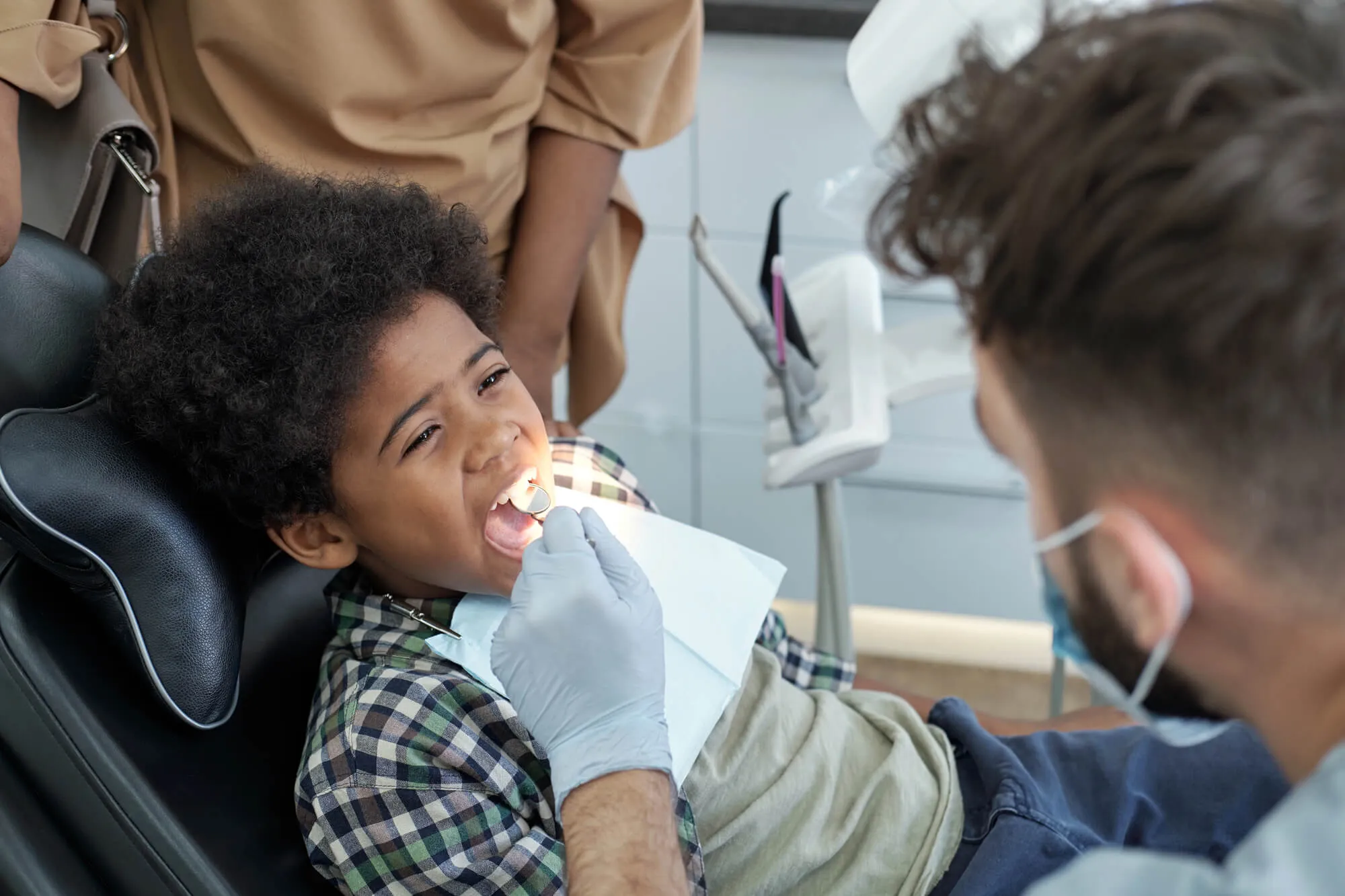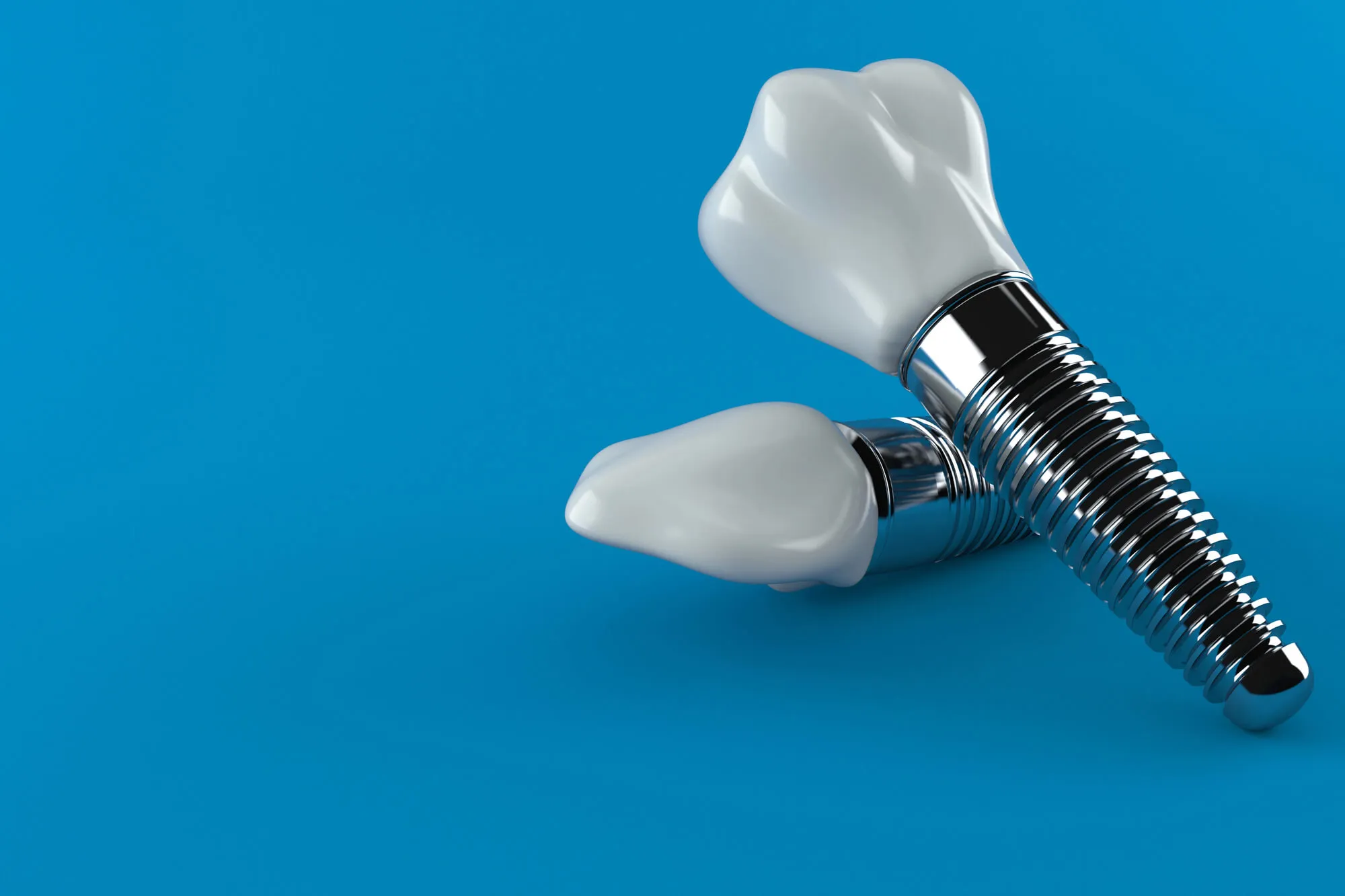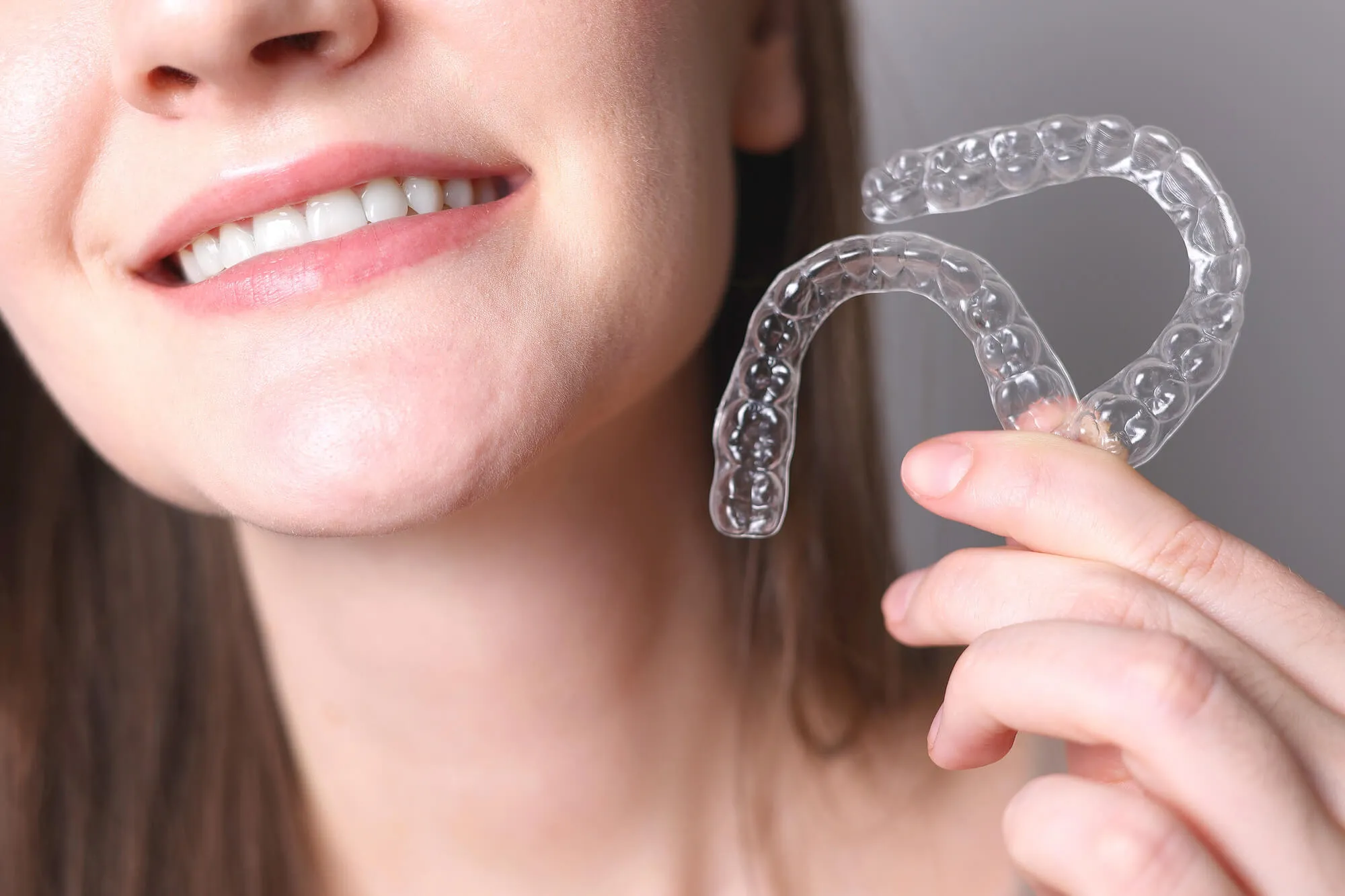
The Most Frequent Dental Problems You’ll Likely Face—and When They Happen
Oral health needs change as we move through life. Cavities, gum issues, tooth wear, and bone changes don’t happen all at once; they tend to show up during different stages. Kids, teens, adults, and older adults each face their own dental concerns. Knowing what to expect can help you catch problems early and feel more in control of your care. Below, we’ll walk through the most common dental issues people face over time, and how general and preventive care, like the kind offered through family dentistry in Boynton Beach, can make a lasting difference.

Common Dental Problems at Different Life Stages
Understanding the typical patterns in oral health can help you manage them more effectively. Here’s what many people experience across each phase of life.
Infancy to Toddler Years: Teething, Baby Teeth, and Early Habits
Teething generally begins around six months; by age three, most children have a complete set of baby teeth. While these teeth are temporary, they’re essential for speaking, eating, and guiding the alignment of future permanent teeth. At this stage, the way a child is fed, soothed, and introduced to oral hygiene can have lasting effects.
Common concerns in early childhood include:
- Teething discomfort that causes irritability or sleepless nights
- Early childhood cavities, especially from bottle feeding or juice
- Prolonged use of pacifiers or thumb-sucking which may influence jaw development
- Lack of early oral hygiene routines
What helps:
Start by gently wiping your baby’s gums after feeding, even before the first tooth appears. As soon as teeth erupt, switch to a soft toothbrush and non-fluoridated toothpaste. Avoid putting a baby to bed with milk or juice, and consider introducing water between meals. A first dental visit around age one is a simple but important step to check development and receive age-appropriate guidance.
Ages 4–12: Cavities and Bite Development
This age group is marked by rapid growth. First permanent molars usually emerge around age six, and these are particularly vulnerable to decay. Children in this phase tend to snack frequently, and they’re still learning how to brush and floss effectively.
Common concerns include:
- Cavities, especially in the back molars
- Misaligned or crowded teeth as permanent teeth begin to settle in
- Accidental injuries, particularly during play or sports
- Uneven brushing or missed hygiene routines
What helps:
Protective dental sealants can be applied to the grooves of molars to reduce the risk of cavities. Fluoride treatments strengthen enamel. Teaching proper brushing techniques and supervising until around age 8–9 helps develop good habits. It’s also a good time to schedule an orthodontic evaluation to assess early bite or jaw alignment issues.
Teenage Years: Wisdom Teeth and Oral Hygiene Gaps
By adolescence, permanent teeth are usually in place, but this stage brings its own challenges. Hormonal changes can lead to more gum sensitivity, and teens may be less consistent with oral care. Diet, braces, and lifestyle habits all factor in.
Common concerns include:
- Wisdom teeth beginning to develop or cause crowding
- Gingivitis from poor flossing or brushing
- Teeth grinding or clenching, often due to stress
- Sensitivity caused by whitening products or acidic foods
- Higher cavity risk from sugary drinks and snacks
What helps:
Routine dental visits are key for monitoring wisdom teeth and checking gum health. Mouthguards may be recommended for sports or nighttime clenching. Education around proper hygiene—even with braces—and limiting sugary or acidic foods can prevent early damage.
Ages 20–40: Lifestyle-Driven Issues and Early Wear
In early adulthood, oral health may be affected by stress, sleep patterns, diet, and sometimes lack of time. While people in this age group are less likely to experience severe decay, early signs of wear or gum disease can appear.
Common concerns include:
- Enamel erosion due to diet or acid reflux
- Sensitivity or mild tooth pain
- Minor cracks or chips
- Delayed dental care due to busy schedules
What helps:
Consistent dental checkups help monitor gum health and catch small issues before they worsen. Adults who grind their teeth might benefit from a nightguard. Addressing minor chips, sensitivity, or bite imbalances early can reduce the risk of needing extensive treatments later on.

Ages 40–60: Gum Recession, Bone Changes, and Restorative Needs
Around midlife, dental issues tend to shift. Years of daily wear may begin to show, and people often experience changes in gum and bone health. Older dental work may also start to wear out or need replacing.
Common concerns include:
- Gum recession that exposes tooth roots
- Increased sensitivity to hot or cold
- Bone loss in the jaw, especially near missing teeth
- Worn-out fillings, crowns, or bridges
- Teeth shifting or becoming loose
What helps:
Monitoring gum levels is important, especially if sensitivity develops. Updating aging restorations helps preserve function and comfort. Bone loss can be slowed with good hygiene and, if needed, interventions such as grafting or stabilization techniques.
Ages 60 and Up: Dry Mouth, Denture Support, and Hygiene Challenges
In later life, general health conditions, medications, and reduced manual dexterity often affect oral health. Many older adults wear partial or full dentures, which need regular attention and maintenance.
Common concerns include:
- Dry mouth, which increases the risk of cavities and infections
- Difficulty cleaning teeth due to arthritis or reduced mobility
- Root decay below the gumline
- Thinner enamel or cracked teeth
What helps:
Switching to water-based rinses and adjusting diets can help combat dry mouth. Simple oral care tools, like electric toothbrushes or flossing aids, can improve daily hygiene. Dentures may need relining or replacing every few years to remain comfortable and effective.
How Family Dentistry Supports Lifelong Oral Health
Family dentists are trained to care for patients at all stages of life. They track changes over time, provide preventive care, and offer guidance specific to your age and health. From first teeth to full dentures, family dentistry helps identify and manage the most common oral health concerns across decades.

Do You Need Family Dentistry in Boynton Beach?
Each stage of life brings new changes to your smile, but you’re never too early or too late to protect your oral health. If you have questions about a current concern or want a dental care plan tailored to your age and needs, Aberdeen Dentistry is here to help. Contact us today to book your appointment!











